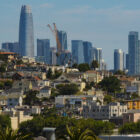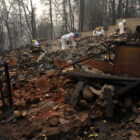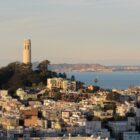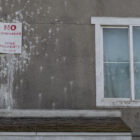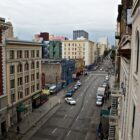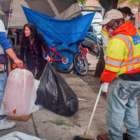Law & Justice
How California’s Coercive Control Law Could Help Women Manipulated by Partners
Blanca suffered decades of psychological abuse from her husband, whose behaviors fall under a category of abuse sociologists and family law experts call coercive control.
Under a California law passed in 2020, the government is finally offering some acknowledgment of the harm she experienced. But the reform applies only in civil court — and can be used only in limited types of cases.

